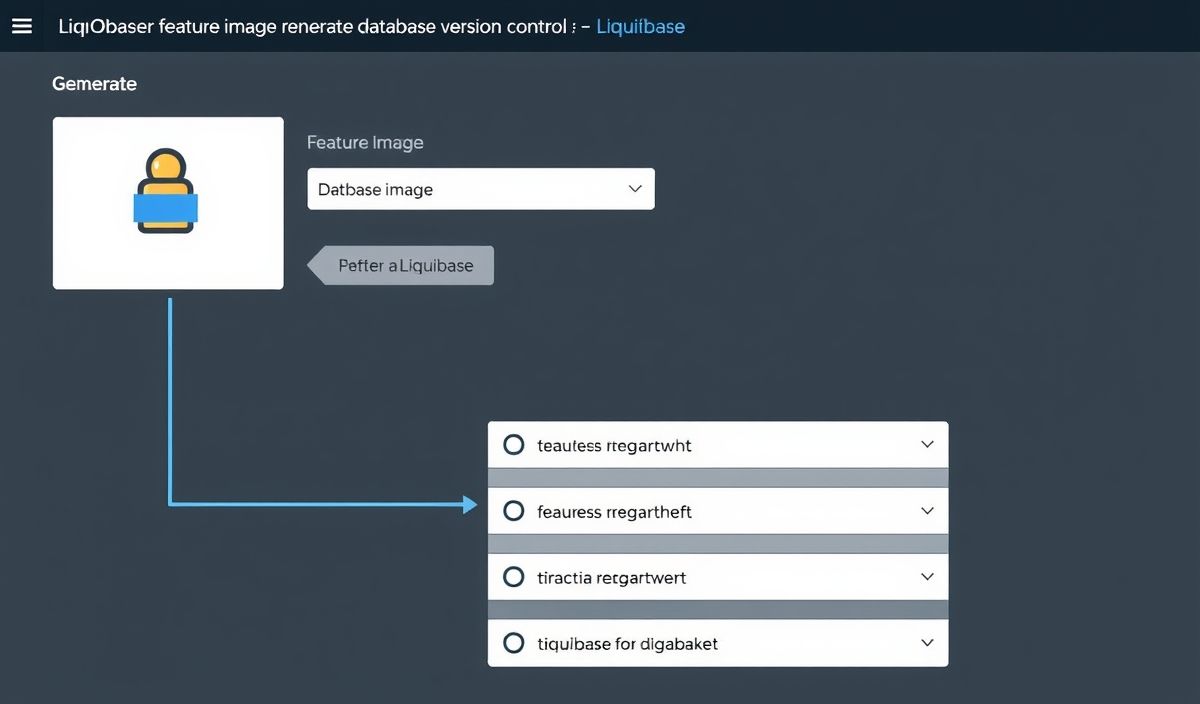Introduction to rimraf
The rimraf module is an essential tool for developers, especially when dealing with file system operations. Named as a playful take on UNIX command rm -rf, rimraf helps in deleting files and directories effectively and securely. If you’re looking to master file deletion, rimraf is your go-to utility in Node.js.
Basic Usage
Here’s a simple example that showcases how to use rimraf to delete a directory named exampleDir:
const rimraf = require('rimraf');
rimraf('exampleDir', function(err) {
if (err) throw err;
console.log('Directory deleted successfully.');
});
Promises API
Starting with version 3.x, rimraf offers support for Promises:
const { rimraf } = require('rimraf');
rimraf('exampleDir').then(() => {
console.log('Directory deleted successfully.');
}).catch(err => {
console.error('An error occurred:', err);
});
Function-Based API
rimraf also includes a function-based API for more customization:
const rimraf = require('rimraf');
const path = require('path');
rimraf(path.join(__dirname, 'exampleDir'), { glob: false }, (err) => {
if (err) throw err;
console.log('Directory deleted successfully using function-based API.');
});
rimraf.sync
If you prefer synchronous operations, rimraf has rimraf.sync:
const rimraf = require('rimraf');
try {
rimraf.sync('exampleDir');
console.log('Directory deleted successfully.');
} catch (err) {
console.error('An error occurred:', err);
}
Custom Filtering
With rimraf, you can apply custom filtering as well:
const fs = require('fs');
const rimraf = require('rimraf');
const path = require('path');
rimraf('exampleDir', { glob: { ignore: '**/subdir/**' } }, (err) => {
if (err) throw err;
console.log('Custom filtering applied. Directory deleted successfully.');
});
Application Example
Let’s develop a simple Node.js application to demonstrate rimraf’s capabilities:
const rimraf = require('rimraf');
const path = require('path');
const express = require('express');
const app = express();
const PORT = 3000;
app.get('/delete-directory/:dir', (req, res) => {
const dirPath = path.join(__dirname, req.params.dir);
rimraf(dirPath, (err) => {
if (err) {
res.status(500).send('An error occurred: ' + err);
} else {
res.send('Directory deleted successfully.');
}
});
});
app.listen(PORT, () => {
console.log(`Server is running on port ${PORT}`);
});
In this application, users can delete directories by making an HTTP GET request to the /delete-directory/:dir endpoint.
Conclusion
rimraf is a robust and flexible tool for all your file and directory deletion needs in Node.js. With its various APIs and ease of use, rimraf can significantly streamline your development process and ensure reliable deletion operations. From basic usage to advanced custom filters, mastering rimraf can elevate your Node.js projects to the next level.
Hash: 9c221ffe4a24f17843194fa27a10a1460509d552b9bd3f1e749a26e5359fe98e




